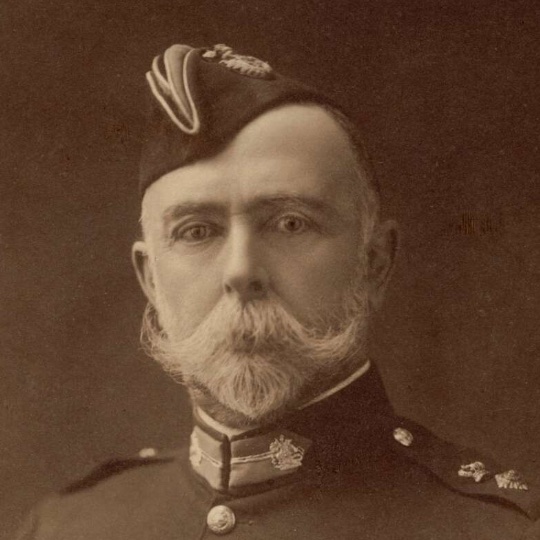Appointment of the first select committee
Senate establishes a select committee to consider a system of standing committees
The Parliamentary Evidence Bill 1904 was introduced into the Senate by Senator John Neild (Free Trade, NSW) to clarify the manner in which evidence could be taken by witnesses before the Senate or its committees. As rules governing the calling of witnesses were contained in the Senate’s standing orders, the bill was referred by the Senate to its Standing Orders Committee, which was responsible for developing the Senate’s practices and procedures.
On this occasion the referral of a parliamentary matter to a parliamentary committee was non-controversial. The same could not be said for proposed legislation on policy matters. Repeated attempts to refer bills to select committees were resisted by government senators over the first three decades of the Senate.
Swiss Studios (Melbourne, Vic), Portrait of Colonel J.C. Neild, 1901. National Library of Australia, nla.obj-136715685
Evidence under oath
Senator John Neild was concerned that although evidence could be taken by oath or affirmation, some committees were taking evidence without either of these safeguards, meaning that witnesses could give false or misleading evidence without consequences. Nowadays, witnesses are rarely sworn but knowingly giving false or misleading evidence may constitute contempt (open disrespect of the procedures) of the Senate whether or not the witness has been sworn.
Swiss Studios (Melbourne, Vic), Portrait of Colonel J.C. Neild, 1901. National Library of Australia, nla.obj-136715685
